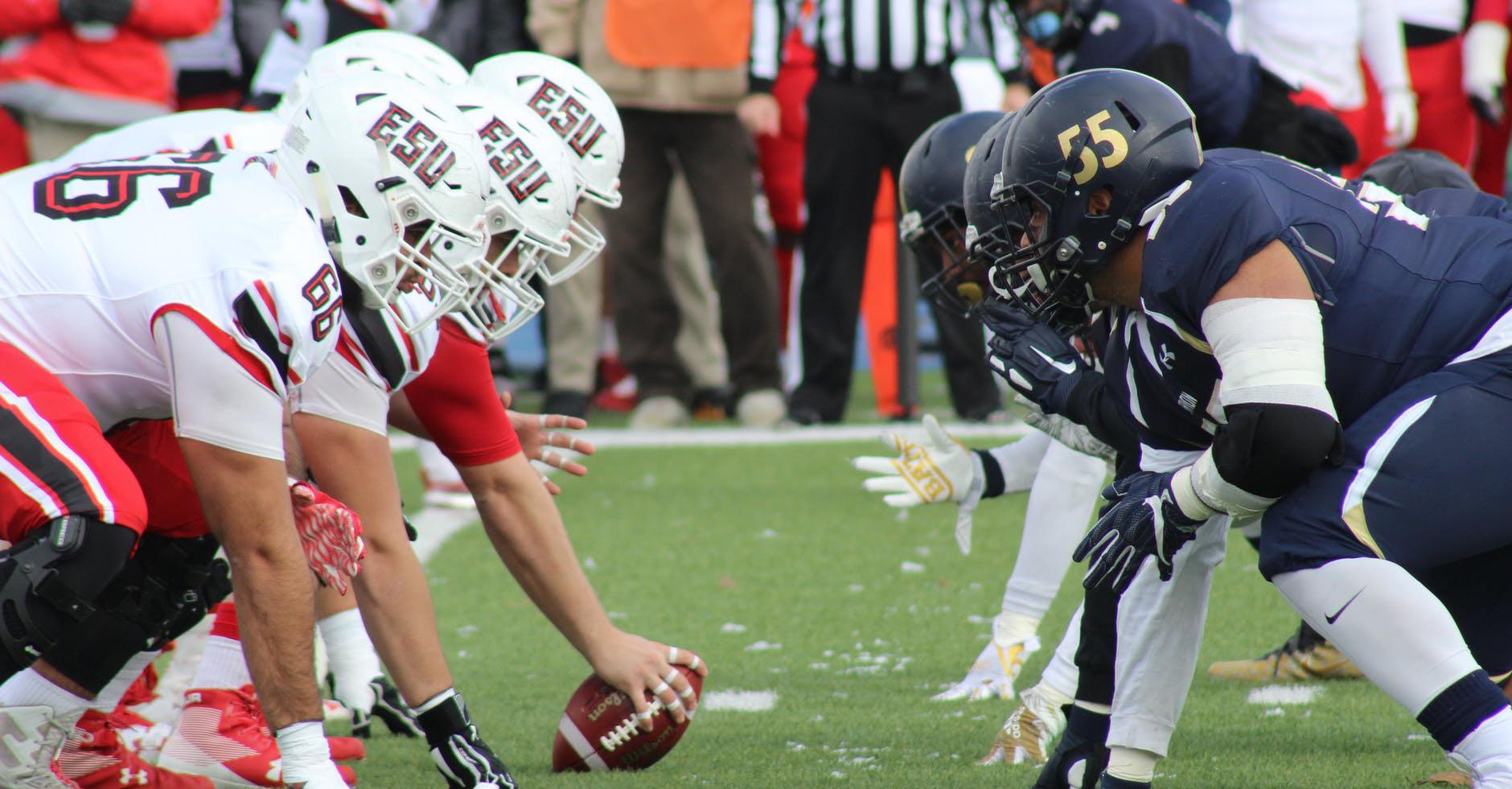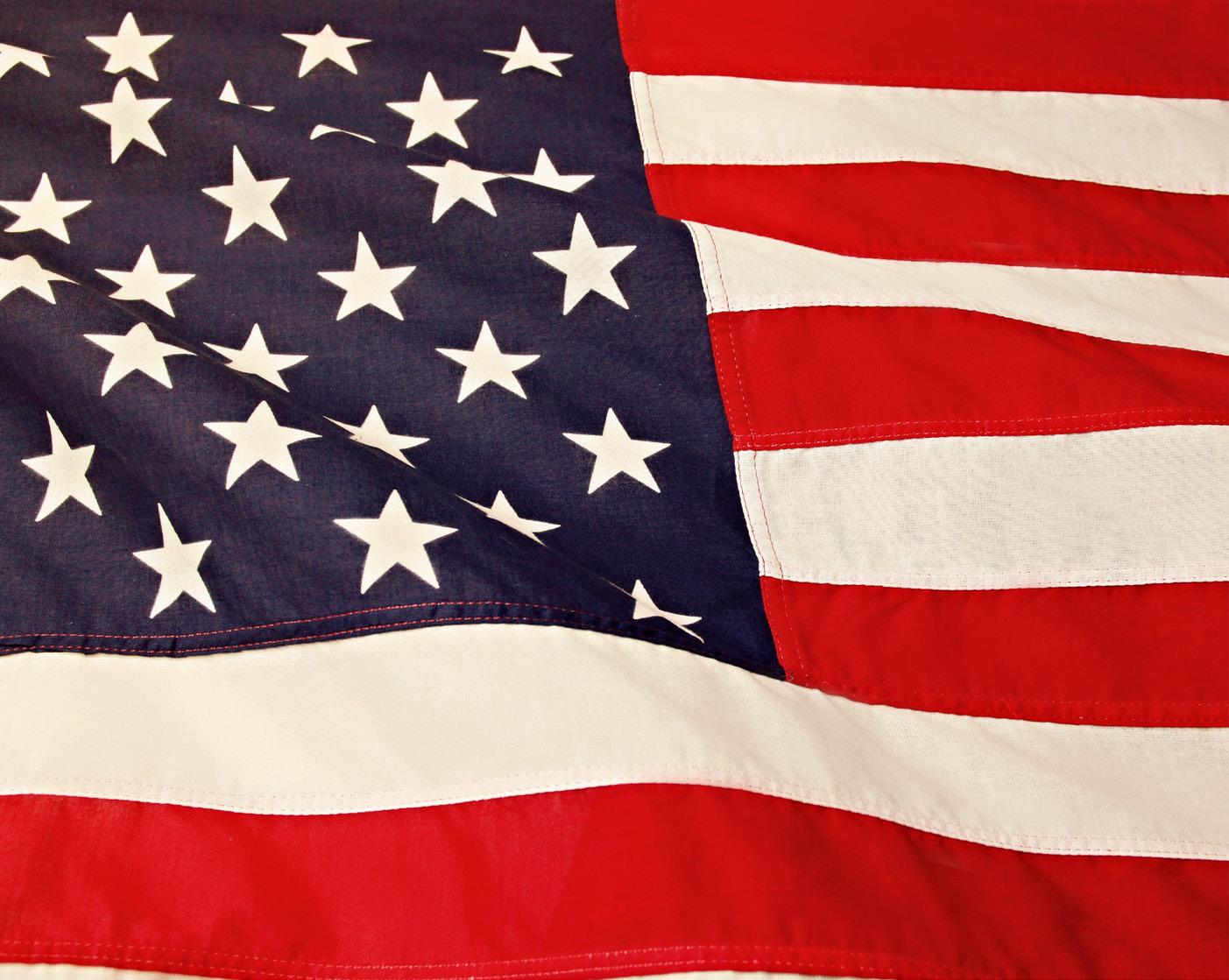
11 minute read
OUR WRITERS
A magazine is only as good as the content inside and with some of the leading specialists within the gaming industry. With specialised articles covering customer service, the gaming law, new products, technology and current affairs with the sector the Infinity Gaming Magazine is delighted to showcase our superb line-up of contributing

Christina Thakor-Rankin
Christina is Principal Consultant at 1710 Gaming Ltd, a specialist betting and gaming consultancy, delivering a range of services including licensing and compliance (incl. regulation, money laundering and social responsibility), business start-up, training and strategic re-engineering, project management, research, business analysis and development, to start-ups and established multi-national operators and providers, gambling regulators, law enforcement and government agencies, media, and specialist interest groups and associations within the sector, in both established and emerging markets across the world.
www.1710gaming.com Teresa Tunstall – Independent Gaming Consultant
After many years of working in casinos in the UK and on USA ships as a croupier and inspector, Teresa turned from ‘poacher to gamekeeper,’ spending 16 years with GamCare, who offer help and support to those who develop problems with their gambling.
Working closely with the betting and gaming industry, She developed strong links delivering Social Responsibility and Problem Gambling training around the world,
Teresa now works independently consulting on all issues relating to Social Responsibility and Problem Gambling.
To contact Teresa regarding consulting please email:



Andrew Cosgrove - Slots Guru
Andrew Cosgrove is a seasoned slot operations veteran and certified project manager with over 24 years of hands on experience in Latin America and the Caribbean. Andrew has worked on both the operator and supplier side of casino slots and continues to help clients succeed and exceed customer expectations. Andrew can be reached at andy.cosgrove@hemingwaycasinoconsulting.com or see http://hemingwaycasinoconsulting.com/
Lynn Pearce
Lynn has extensive senior management experience in the gaming industry, with over 18 years of proven success, having launched more than 30 casino, live casino, poker, sports betting, lottery and esports brands globally.
She is currently CEO of PLaza Holdings (Ontario) Inc.
Tim Cullimore
From dealer to CEO in the U.K., Europe and North America, Tim has pretty much seen it all in Casino gaming. For over 40 years, from running slot rooms which needed to frisk for guns to the Ritz in Mayfair, arguably the most luxurious casino in the world, Tim has never stopped challenging what we think we know about casinos. Tim is a well-respected Consultant to the gaming industry, encompassing project management and operational analysis, as well as representing and advising some key manufacturers within the industry. Tim is a renowned conference speaker and also proud to be visiting lecturer at the University of West London College of Hospitality and Tourism.
The US SPORTS BETTING LANDSCAPE
An A TO Z of where Sports Betting is at present in the US
Since a controversial (but very welcome) 2018 U.S Supreme Court ruling, legalized sportsbook betting has catapulted into U.S mainstream gaming. The much-anticipated overturn of the PASPA (Professional and Amateur Sports Protection Act of 1992) legislation has re-invigorated the betting landscape, opening up huge commercial opportunity to the industry’s biggest stakeholders.
Although intrinsically linked to the frontier history of the U.S, sports betting had largely not been able to unshackle itself from century-old chains. This drove activity underground, a feature of the nation’s gambling scene that has been difficult to shake, given the appetite for (and infrastructure of) sport.
The seismic shift initiated by the 2018 ruling is perhaps best contextualised by what activity had occurred up to the bill’s press. Unsurprisingly, Nevada was first to (legally) introduce Sportsbook odds. However, it’s popularity only really started to gain momentum in the 1970’s, somewhat earlier overshadowed by the wider reach and intensity of Las Vegas Casino’s.
For others, legislation was rare and often shoehorned into a state’s betting landscape via the backdoor. In addition to Nevada, only three other states (Delaware, Oregon and Montana) had assembled some sort of sports format, but these were largely restricted to state-controlled lotteries and fantasy leagues.
As offshore betting firms started to exploit the U.S market from afar (facilitated by the rise of the internet and later by smartphone culture), the government once again stepped in at the start of the century to try and curtail betting operations. Although this did much to detract some of the more unsavoury sections of the market, there was and continues to be a host of foreign parties who enjoy a pretty thick slice of the American pie.
So, where are we up to now?
The 2018 amendment gave state houses pretty much carte-blanche on gambling law and control. The variety of localized response was as every bit as diverse as you would expect from a nation wrestling with it’s political and moral consciousness.


Using a broad brushstroke will offer some vague insight into collective local approaches between neighbouring states, somewhat in sync with the red republican and blue democrat heat map one sees at election hour. Generally, however, it tends to follow no real rhyme or reason. Autonomy in a state’s betting apparatus is influenced by so many defining factors; governors, historical laws, traditional attitudes, Native American presence. The list goes on.
It is therefore difficult to isolate a real cultural blue-print for which states have enabled which freedoms (apart at rather extreme ends of the spectrum). Nevertheless, states can be largely compartmentalized into four headings: Legal & Active (largest group), Approved and Ready, Potentially2022, and Potentially 2023/beyond/or never. The secondary dynamic to all of this is to what extent states are prepared to relax not only retail but online channels. Within each sub-section, there are ranging viewpoints on to what extent governing bodies should allow online platforms to permeate everyday life. Although a decent proportion are averse to allowing bettors place stakes in their homes or local community, a sizeable contingent offer a fuller experience to those residents with a smartphone in-hand.
Legal and Active
The determining factor for these states was an innate desire to get a Sportsbook in motion. Many have flirted with the concept, but only a host of states navigated legislative blockages with pace and success. ensuring that both retail and online functions were in-play. Perhaps best highlighting a ‘buck’ in the socio-political trend, deeply conservative Arkansas quickly introduced in-person, retail betting (that is, place your bet at counterpoint). However, the prospect of online betting seems distant at best.
Colorado is perhaps a model case study in how a state can, from practically a standing-start, embrace a new way of working and quickly accrue vast sums into the state economy coffers. Only matched by the gaming heavyweights of Nevada, New Jersey, Pennsylvania & Indiana, Colorado has a monthly betting handle of over $200m, as well as a rich complement of digital sportsbook suiters.
(PTO)

In Connecticut, a deal between local Native American groups and government officials led to a launch of state-wide mobile sports betting. Initiating the onset of a New England drive towards progressive gambling laws. Indeed, New Hampshire also has actively engaged this new opportunity, yet it’s solo operator (DraftKings) rather monopolizes its online platform, with commentators forecasting a less optimistic view of the future if neighbouring Massachusetts decides to mobilize.
Heading back to the South, both Mississippi and Louisiana have surprised some in their readiness to embrace the sportsbook scene. In Louisiana, a massive 55 out of 64 parishes endorsed legal state betting in 2020, resulting in the implementation of retail betting units and an online presence on the horizon in early 2022. Neighbouring Mississippi were even swifter, opening up retail from August 2018. In a technical sense, the state has also sanctioned mobile betting, however, it demands that punters only use online functions when within the grounds of a casino, therefore severely hampering its marketable potency.
The role of Native American influence on state practices can also not be under-estimated. This is best articulated by the current betting environment in New Mexico, whereby Native groups have simply re-interpreted existing state-tribal gaming compacts to facilitate movement towards sportsbook activity. In Oregon, despite college sports betting being prohibited and not accessible on the state-developed lottery app, some casinos located in reservations allow college stakes, although admittedly driving low revenue & limited interest. And leaping over Idaho into Wyoming, Northern Arapaho Tribes have added retail sportsbooks to the roster, despite (and somewhat bizarrely), the state exclusively offering mobile services as opposed to in-person betting.
New Jersey & Nevada unsurprisingly take the top two spots when it comes to commercial return since relaxation, however it is the former rather than the latter that grabs the number one ranking. Nevada, often seen as the pinnacle of the ‘in-person’ betting experience, still has the rather archaic practice of requiring residents to register at a local casino before hitting an online vendor. This issue was accentuated by COVID-19, with restricted social movement halting this process at source. As for New Jersey, it’s agitation and energy in getting the bill in front of the Supreme Court has paid huge dividends.
This, plus a hospitable environment for ambitious investors, has meant the state has propelled itself into pole position, turning over a massive $5b in handles throughout 2020. Some are declaring the state ‘Vegas East’.
However, there is a cautionary note on New Jersey’s unparalleled success. Customers currently migrating over the state line from New York may soon have an expansive betting format to enjoy, with latest reports suggesting a host of major gambling firms will have licenses processed by January 2022. The regular big-hitters such as DraftKings, MGM & FanDuel all feature, eager to take their cut of a $1b per annum marketplace, and therefore causing some significant deflection of NJ revenue streams. The only caveat is state taxation, which will exceed a colossal 50% of companies gross gambling revenue, way beyond the nationwide average of 11%. Nevertheless, this doesn’t seem to have detracted betting suitors from making moves.
Approved & Ready
Unlike many of its New England counterparts, Maryland was a little late to the sports field, waiting until April 2021 before legislation was passed. However (and despite successive recent delays), when markets go live, an impressive 60 online and 30 retail vendors will be invited to trade.
Meanwhile Nebraska’s alleviation of strict regulation has been one of protracted progress, firstly softening licensing laws on horse racing and ‘games of chance,’ before committing to establish new retail facilities at some point in early 2022. Although, as per so many, college betting will be excluded from the bill.
Heading back eastwards, Wisconsin’s collaborative assault on gaming licensing, spearheaded by the Oneida Tribal Nation and Governor Tony Evers, is set to bear fruit in the very near future.
Potentially 2022
Even the most conservative of states are edging closer to sportsbook emancipation, with Georgia & Alabama officials optimistic about a 2022 bill passing through, despite each state having traditionally sceptical views on the gaming industry.
Legislative blocks and bureaucratic frustrations have riddled many in this category, despite unilateral, cross-party support in respective state houses. In Massachusetts for example, both democrats and republicans in general court have endorsed a bill, but negotiations break down on specific trading details (college sports, which vendors to invite etc.). Similarly in Ohio, a state bustling with successful sporting franchises, representatives have also failed to agree on exactly how the sports betting scene should shape up.
Another dynamic is that of neighbourly competition, with each keen to not pass up the chance of regional supremacy. However, this drive is often offset by cultural resistance in the form of anti-gambling sentiment. The mid-western bloc of Kentucky, Kansas and Missouri find themselves in this struggle; each trying to calculate the boost of commercial gain, the potential political backlash, and the potential drop down the local pecking order. Given only a handful of states have not shown any inclination towards any sportsbook format, you can safely say that majority opinion in public and political quarters is pro-introduction.
A few states have put the proverbial shutters down. Hawaii and Utah are the only two states without any major gambling enterprise of any description, particularly surprising in the latter’s case given the hub of activity encircling them (Colorado, Utah, Wyoming & Arizona all have booming online & retail industries). Alaska also looks like a lost cause.
However, such is the tantalising prospect of untapped riches, even the most ‘traditional’ of states are positioning themselves to become potential future benefactors. In Texas, where deep South conservative values often cut through social and political debates, the landscape is changing. The state is fertile ground for big industry players, and the scope of commercial benefit will surely undermine those who are resistant, particularly in the context of a pandemic-ravaged economy. This is one gift horse they really cannot afford to look in the mouth.
In truth, the picture is one too complex, too variable, and in some cases too volatile to really gauge on a nationwide scale. State political and cultural identity will always play a factor, but a shot in the arm from the gaming industry (not to mention a shot in the arm from the vaccine), has already made a sizeable impact on languishing local finances.
En masse, it’ll perhaps never be quite the uninterrupted, unregulated freedoms that so many Europeans enjoy, but some will get there if not already. Furthermore, the momentum in most houses (and indeed in public opinion) is to evolve towards less restrictions and state interference; welcome news for punters and major gambling firms alike.
For a nation famous for its capitalist appetite, free market and colossal sports industry, it can surely only be a matter of time before Sportsbook betting becomes a cornerstone of the American gaming landscape. You would struggle to bet against it anywhere, not just in Hawaii…………






